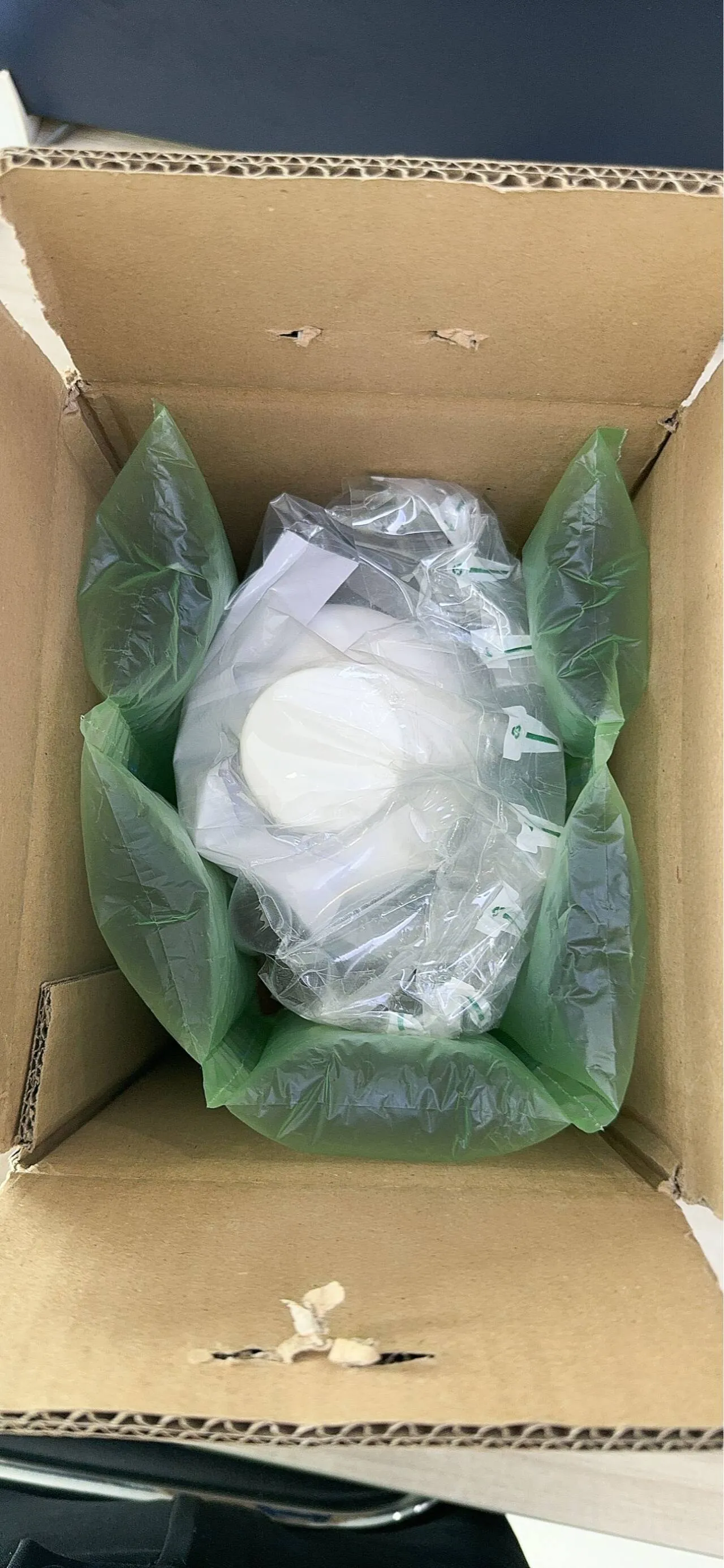Clindamycin phosphate injection has a wide range of applications. It is mainly used to treat various serious infections. For skin and soft - tissue infections like cellulitis and abscesses, the injectable form enables rapid drug delivery to combat bacteria, promoting faster healing.However, proper dosage and administration are crucial due to potential side effects like gastrointestinal disturbances and the risk of developing antibiotic - resistant bacteria.

Applications of Clindamycin Phosphate Injection
Skin and Soft - Tissue Infections
One of the primary applications of Clindamycin Phosphate Injection is in the treatment of skin and soft - tissue infections. Conditions like cellulitis, abscesses, and wound infections often involve the presence of bacteria that are susceptible to clindamycin. In cases where the infection is severe or has spread, the injectable form allows for rapid delivery of the drug directly into the bloodstream. This ensures that high concentrations of the antibiotic reach the site of infection quickly, effectively combating the bacteria and promoting faster healing. For example, in patients with large, infected surgical wounds, Clindamycin Phosphate Injection can be used to prevent the spread of infection and aid in the wound - healing process.
Bone and Joint Infections
Clindamycin Phosphate Injection is also highly effective in treating bone and joint infections, such as osteomyelitis. Bacteria can be difficult to eradicate from these sites due to the complex anatomy and blood supply. However, clindamycin has excellent bone penetration capabilities. When administered as an injection, it can reach therapeutic levels within the bone tissue, targeting the bacteria causing the infection. This is crucial for preventing long - term damage to the bones and joints and for promoting a full recovery. In cases of prosthetic joint infections, where the presence of a foreign body complicates treatment, Clindamycin Phosphate Injection may be part of a multi - drug regimen to clear the infection.
Intra - abdominal Infections
Intra - abdominal infections, which can be caused by a variety of aerobic and anaerobic bacteria, are another area where Clindamycin Phosphate Injection proves invaluable. Infections such as peritonitis, which often result from a perforated bowel or other abdominal trauma, require prompt and effective treatment. Clindamycin's activity against both aerobic and anaerobic bacteria makes it an ideal choice for treating these complex infections. The injectable form allows for rapid and systemic delivery of the drug, ensuring that all areas of the abdominal cavity are reached, reducing the risk of sepsis and other life - threatening complications.
Gynecological Infections
In the field of gynecology, Clindamycin Phosphate Injection is used to treat certain infections. Pelvic inflammatory disease (PID), for instance, which is often caused by a combination of bacteria including Chlamydia trachomatis, Neisseria gonorrhoeae, and anaerobic bacteria, can be effectively managed with clindamycin. The injectable form is especially useful in severe cases of PID where hospitalization and intravenous antibiotic treatment are necessary. It helps to rapidly control the infection, reduce inflammation, and prevent long - term complications such as infertility or chronic pelvic pain.
Considerations and Safety
As with any medication, there are considerations when using Clindamycin Phosphate Injection. It is important to follow the recommended dosage and administration guidelines carefully. Side effects may include gastrointestinal disturbances such as diarrhea, nausea, and vomiting. In some cases, more serious side effects like pseudomembranous colitis, a severe form of diarrhea caused by overgrowth of Clostridium difficile, can occur. Long - term use of clindamycin may also lead to the development of antibiotic - resistant bacteria. Therefore, it is crucial that healthcare providers use this antibiotic judiciously, based on proper diagnosis and susceptibility testing.

